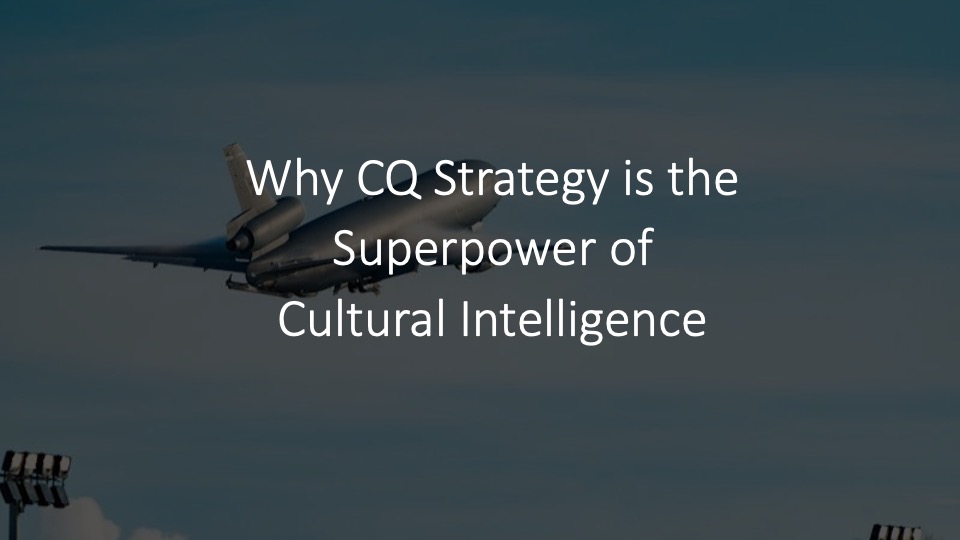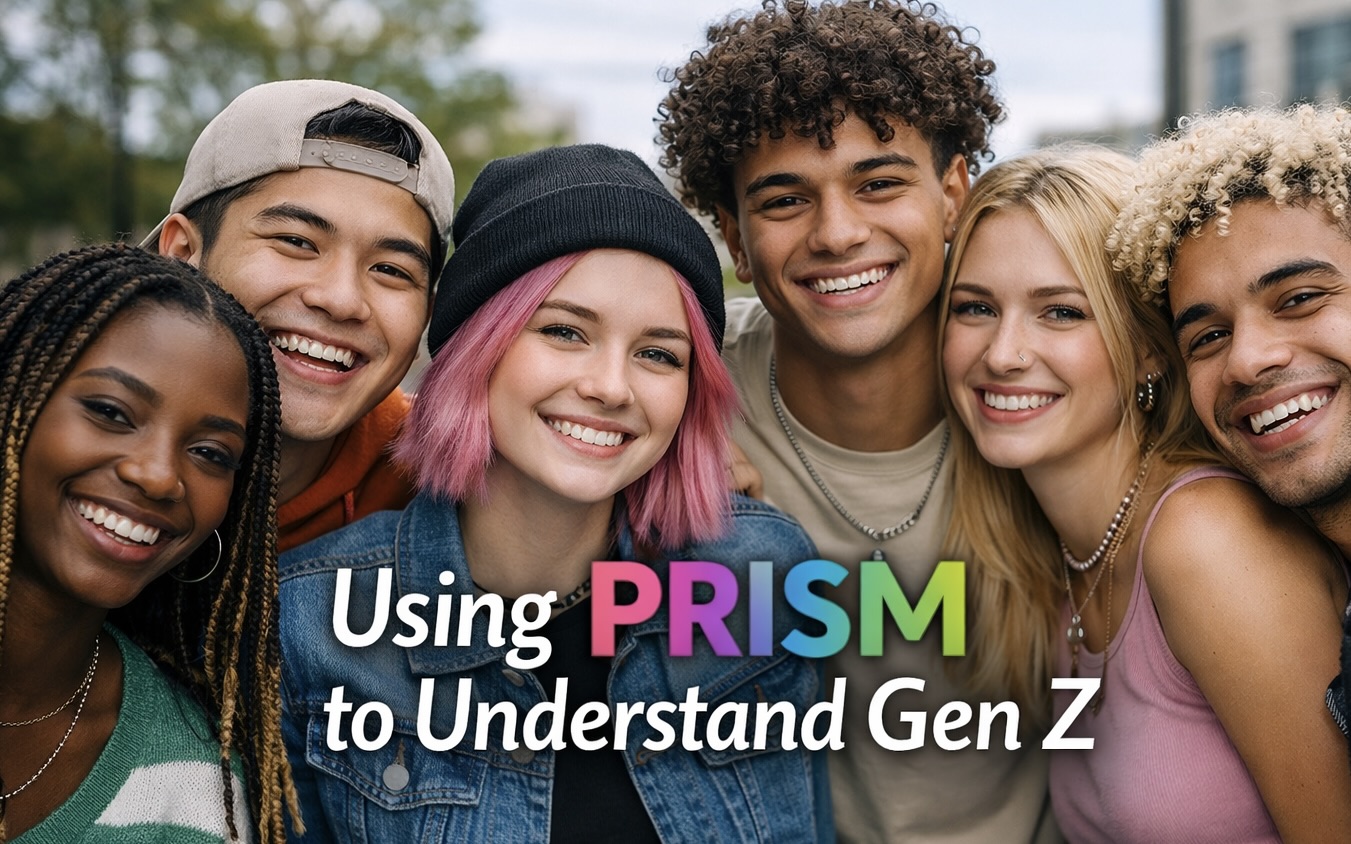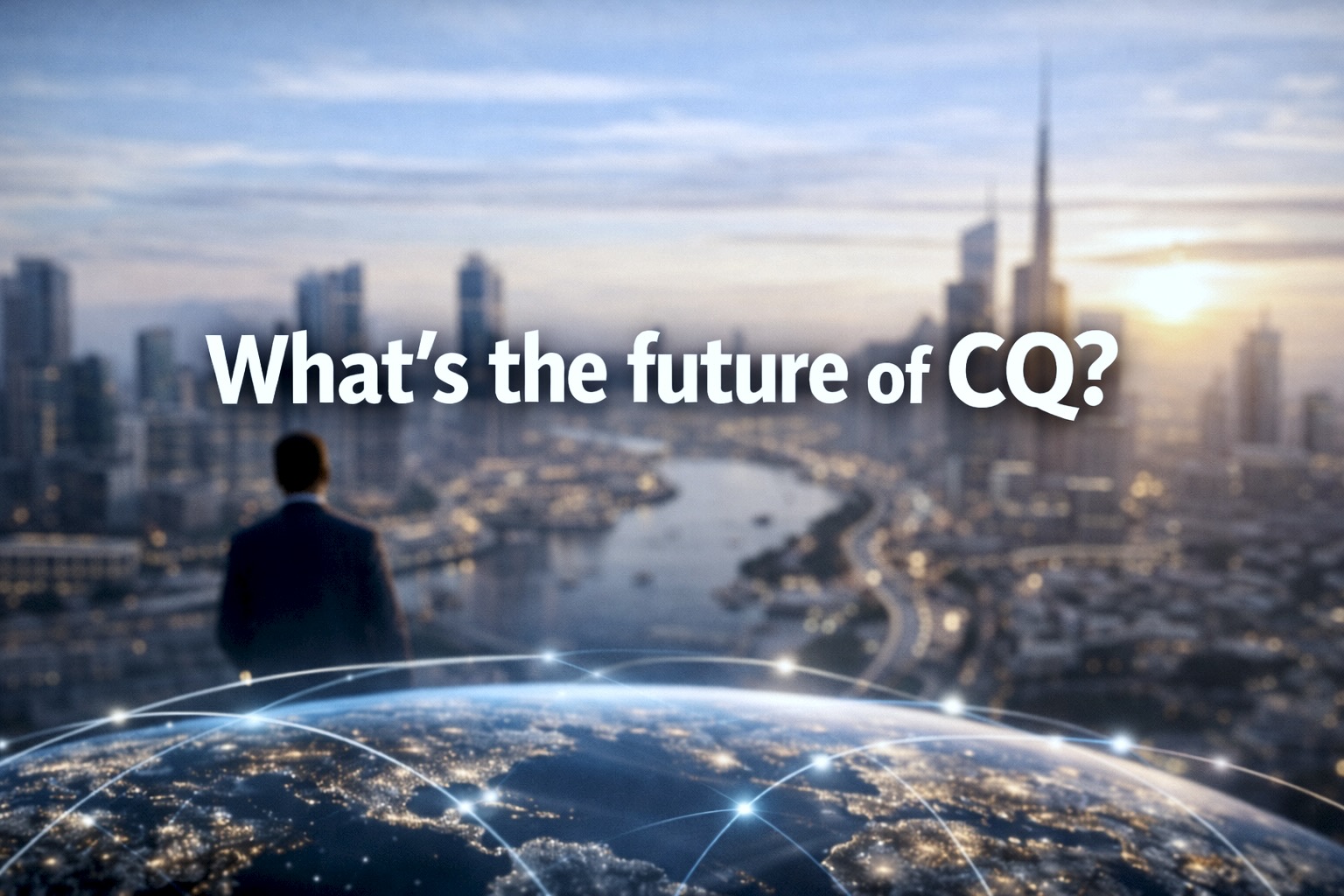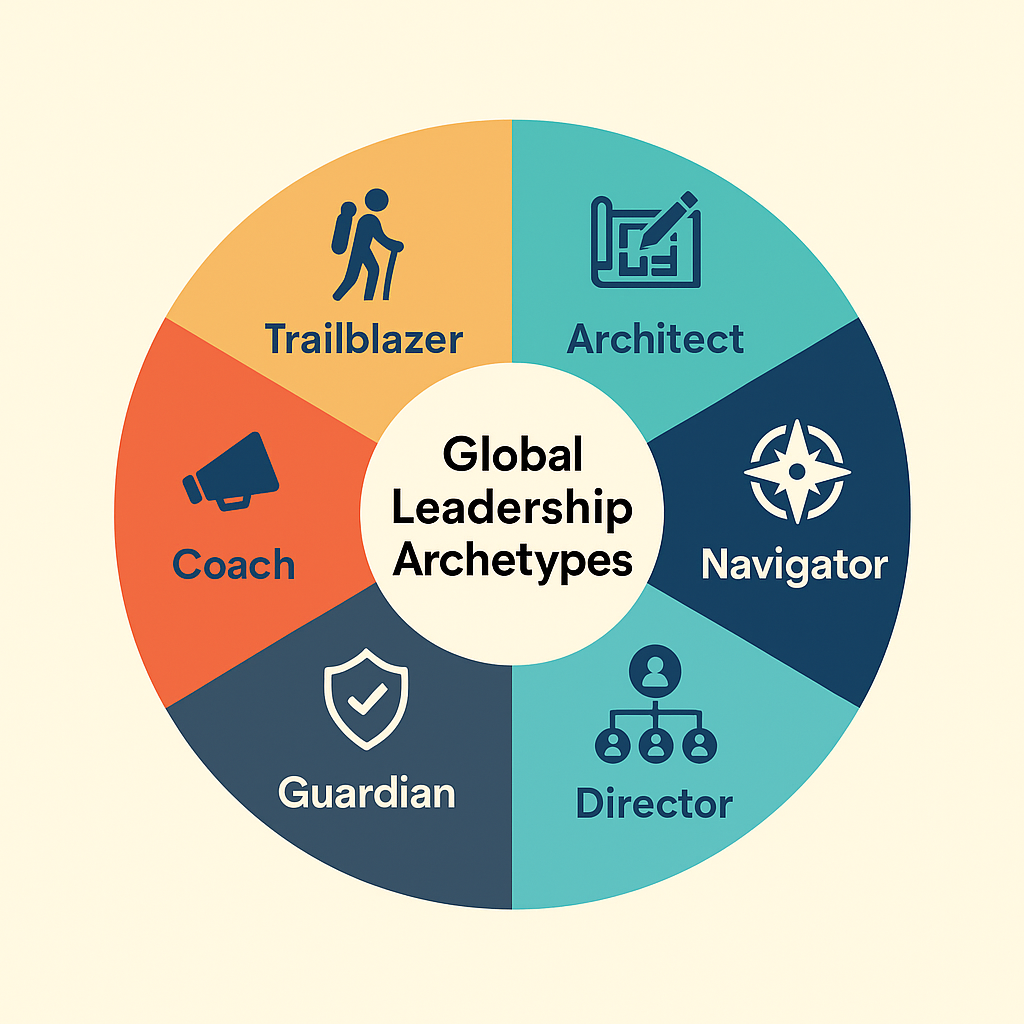
Guest post by CQ Fellow Trisha Carter
Recently, I’ve found myself reflecting on a paradox that lies at the heart of cultural intelligence: Cultural intelligence (CQ) is most needed when it’s hardest to access.
The world we’re navigating is increasingly complex. Trade tensions threaten global supply chains, AI developments disrupt work roles, and political rhetoric is more polarising and less trustworthy. Ongoing conflicts in Ukraine, the Middle East and Africa cause immense suffering that we feel powerless to respond to.
In this environment, cultural intelligence isn’t just helpful—it’s essential because our ability to understand diverse perspectives and adapt our thinking is precisely what enables us to navigate complexity, bridge divides, and find collaborative solutions when problems seem insurmountable.
The Paradox of Cultural Intelligence
When we feel threatened, either physically or socially, our natural tendency is to retreat into in-group thinking. Our brains are wired to categorize people as either “us” or “them,” and during times of conflict, this tendency intensifies.
I’ve noticed this within myself recently. I’ve responded with judgment rather than creativity when supporting business leaders whose work environments became silent due to political mandates. I’ve listened with despair to local discussions about Indigenous Welcome to Country practices. While these responses can be easily justified by my internal righteous thinking, that doesn’t help me approach audiences I’ll be speaking to, knowing people with varied beliefs will be sitting in those groups. Instead of thinking about building bridges, I fall into thinking about winning arguments.
When Stress Hijacks Our Cultural Thinking
Of all the components of Cultural Intelligence, none is more vulnerable to stress and uncertainty than CQ Strategy—the metacognitive dimension that enables us to be aware of and regulate our thinking in cross-cultural interactions. This aspect involves consciously planning, monitoring, and adjusting our understanding when dealing with people from different cultural backgrounds.
Acute stress significantly impairs the executive functions and reflective thinking that CQ Strategy relies on. When under pressure, we’re less likely to thoughtfully consider cultural nuances; instead, we default to mental shortcuts or stereotypes. The brain’s reflexive system overrides more deliberate, reflective processing.
This means a stressed employee interacting with a culturally unfamiliar colleague might unconsciously lean on preconceived biases rather than actively questioning their assumptions—a clear breakdown of cultural metacognition. For instance, an Australian mining executive under intense pressure to finalize a community agreement might grow frustrated when her Papua New Guinean partners insist on extended discussions with multiple village representatives, even after previous meetings appeared conclusive. In her stressed state, she interprets this as inefficiency or “moving the goalposts,” rather than recognizing the deeply communal decision-making process where consensus requires thorough consultation across the entire community network. Her impatience leads her to push for closure prematurely, damaging trust and ultimately delaying the project far longer than the additional consultation would have taken.
Finding Strength in Complexity
Interestingly, research suggests that while stress can impair cultural metacognition, those with strong metacognitive skills often thrive in complexity because they treat uncertainty as a cue to pause and reflect. Research on creative multicultural teams showed that teams with members high in cultural metacognition were better at “fusion” teamwork—integrating diverse ideas—precisely because they could adjust and learn during uncertain collaboration.
This creates an interesting bidirectional link: stress can lower CQ effectiveness, but cultivating CQ can lower experienced stress. Those with higher CQ Strategy may be more resilient to stress, experiencing less of the detrimental effects.
In the middle of so much bad news, the recently released World Happiness Report brought encouraging results, with compelling evidence that human connection and benevolence can counteract the forces of division. It revealed that people are kinder than we think, engage in more prosocial behaviors than we expect, and that people who connect more with others report significantly higher levels of life satisfaction.
Strengthening Your CQ Strategy in Challenging Times
How do we maintain our cultural metacognition when global tensions make it most difficult to access? Here are some practical strategies:
- Practice the metacognitive pause: Before responding to a culturally confusing situation, take a deep breath and ask yourself, “What cultural factors might be influencing this interaction?” This simple pause prevents automatic reactions.
- Find a cultural thinking partner: Identify a colleague with whom you can discuss cross-cultural challenges. Verbalizing your thought process helps surface hidden assumptions and generate new insights.
- Monitor your stress signals: Learn to recognize your personal signs of stress and see them as alerts that your cultural metacognition may be compromised. When you notice these signals, consciously slow down your thinking.
- Share meals with people from different cultures: As the World Happiness Report notes, sharing meals is strongly associated with wellbeing and social connection. Make it a practice to eat with colleagues from different cultural backgrounds—it builds both connection and understanding.
- Create supportive organizational structures: Organizations can build in “slack” for cross-cultural work, acknowledging that multicultural teamwork requires more time for deliberation. Provide access to cultural mentors or resource groups so team members aren’t facing cultural puzzles alone.
- Practice mindfulness: Mindfulness—the practice of present-moment, non-judgmental awareness—helps individuals remain calm and observant even in chaotic situations, which naturally complements cultural metacognitive processes.
- Build in reflection time: After important cross-cultural interactions, set aside time to reflect: What cultural dynamics were at play? Did I adjust my approach effectively? What did I learn that I can apply next time?
Building Bridges, Not Winning Arguments
As leaders, educators, and global citizens, we face a choice. We can succumb to the neurobiological pull toward division during stressful times, or we can deliberately cultivate our cultural metacognition as an act of hope.
As you go about your week, I invite you to notice when stress or pressure tempts you to take shortcuts in cross-cultural interactions. In those moments, pause and ask: What cultural perspectives might I be missing? How might my own cultural background influence my interpretation?
These small metacognitive shifts won’t resolve global conflicts, but they help us maintain our humanity and effectiveness in challenging times. Rather than focusing on winning arguments, we can build bridges of understanding across differences—and perhaps contribute to the benevolence that sustains our collective wellbeing.
Trisha Carter is an Organisational Psychologist, specializing in Intercultural Psychology who works in global mobility and diversity, equity and inclusion. She’s one of the founding members of CQ Fellows, has the highest levels of CQ accreditation, and she’s host of the podcast, The Shift.



